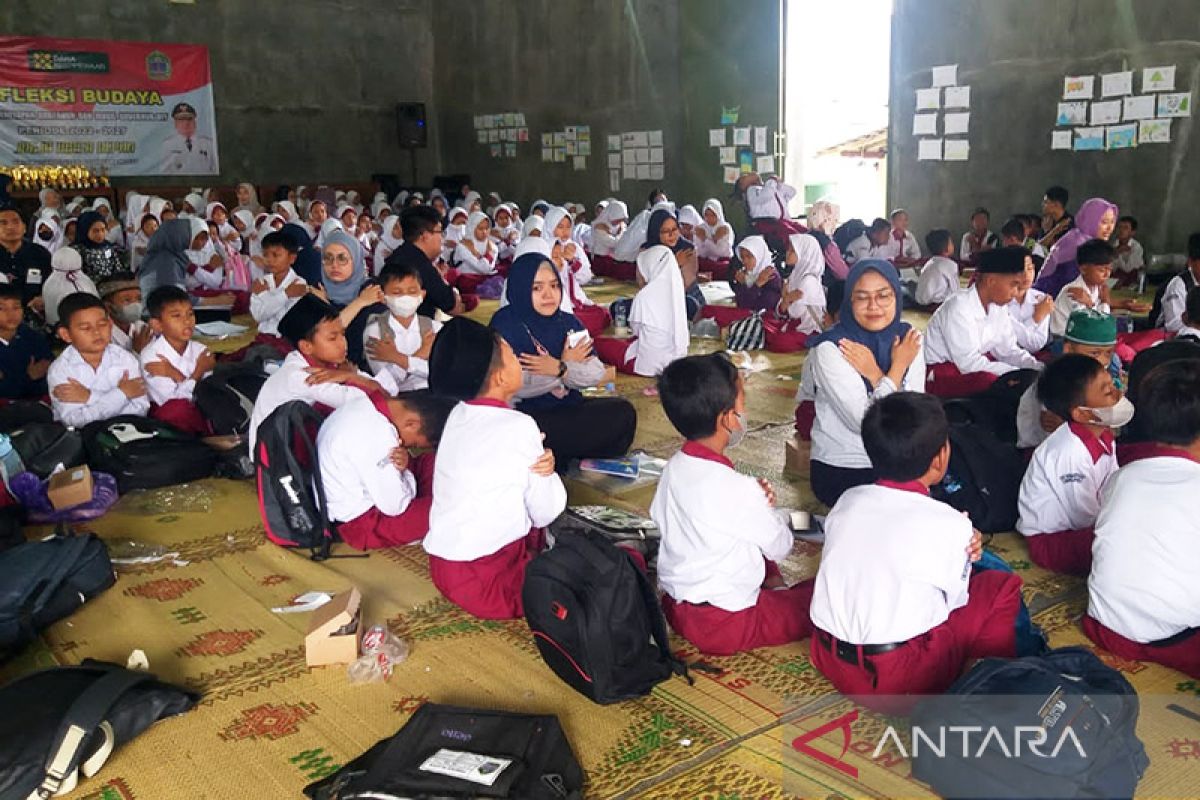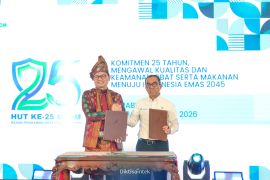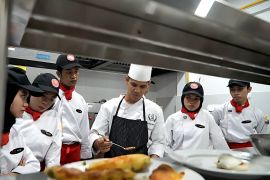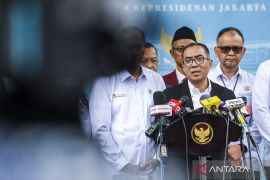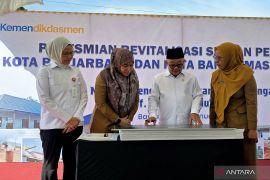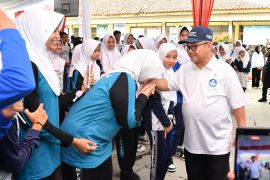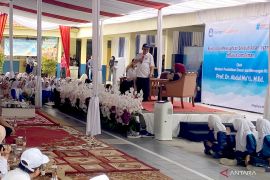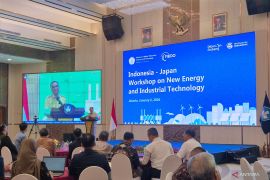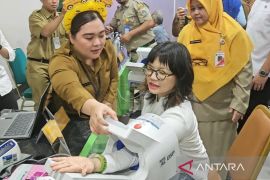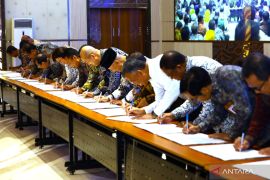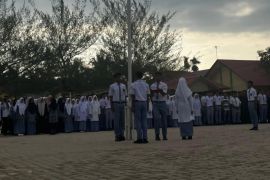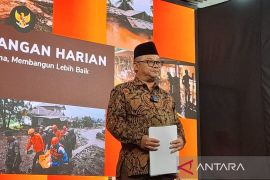The program, which was launched on April 1, 2022, is a follow-up to the National Assessment, an evaluation program carried out by the ministry in order to improve education quality.
The Education Report Card displays the results of a national survey and assessment covering each educational unit and region.
Schools and regions can use the data from the platform to identify problems, find solutions, and improve the quality of education as a whole. With the help of data from the Education Report Card, schools can develop data-based improvement actions.
Head of Muhammadiyah Al Mujahidin Junior High School, Gunung Kidul, Yogyakarta, Agus Suraya, said that the data obtained from the Education Report Card was utilized to improve the quality of education at his school.
The Education Report Card is an objective and reliable source of data as the report is presented automatically and is integrated.
In addition, it can be an instrument for evaluating the education system, both internally and externally. It can also be a measuring tool that is oriented toward quality and the equitable distribution of learning outcomes.
As integrated data on the platform reduces the administrative burden, educational units do not need to use many applications to see their assessment results.
Through the Education Report Card, the cause of a problem in one indicator can be found by looking at other indicators. For instance, students' literacy, numeracy, and other character competencies are related to learning process quality, learning environment, governance, and improvement, as well as the competence of teachers and the principal.
There are five dimensions of the Education Report Card—Dimension A, Dimension B, Dimension C, Dimension D, and Dimension E. These dimensions are a series of learning processes that start from input, process, and output.
After obtaining its Education Profile, a school can carry out improvement efforts, through three stages: identification, reflection, and improvement. The Education Profile is a comprehensive report on education services based on the result of the education system evaluation.
The identification process starts with downloading data from the Education Report Card platform, referring to the list of priority indicators, and determining problems that require intervention from the report card indicators.
The reflection step involves conducting an analysis to find the root of the problem, and the next stage involves creating programs and activities as a solution to the problems.
From the three stages, priority programs and activities can be determined and included in the School Activity Plan and Budget (RKAS) document.
Suraya explained that there were a number of improvements recommended by the Education Report Card for his school, such as on the proportion of certified teachers and education personnel, in which the school scored 12.12 percent, or not enough.
Then, the school's teaching ability was rated at 10 percent, and the management of teachers and education staff was determined to be still in the pioneering or beginner stage.
Another recommendation for Suraya's school was improving school services for students with great potential and exceptional talents.
The school committed to implementing the recommendations and held many activities, including training teachers and education staff and conducting curriculum general testing, achievement building, and fire safety training, among others.
As a result, 90 percent of teachers at Muhammadiyah Al Mujahidin Junior High School can now draft teaching modules and learning objectives correctly, 80 percent of teachers can carry out differentiated learning, and the school has added three certified teachers.
The number of students' achievements has also increased from 64 in the 2019–2020 academic year to 155 in 2021–2022.
"The data from this Education Report Card is very useful for our school's quality improvement," Suraya said.
Collaboration
The principal of elementary school SD Muhammadiyah Sapen 1, Yogyakarta, Agung Rahmanto, said that collaboration with many parties is needed to improve the quality of education in the school.
Data from the Education Report Card was used to draft school programs for one academic year to focus on improving the quality and relevance of student learning outcomes as well as ensure the equitable distribution of quality education, competence and performance of teachers and education personnel, and school management.
Based on data from the Education Report Card, Rahmanto said that there were a number of elements in his school that needed to be improved, such as the training experience of teachers and education personnel, knowledge of the field of study, and pedagogy, which was determined to be at the beginner stage.
He expressed the hope that, in the future, the samples in the Computer-Based National Assessment (ANBK) would be adjusted to school conditions, and not only be limited to 30 students participating in the ANBK for each school.
That way, ANBK results in the Education Report Card can better portray the actual conditions at each school, and the data presented can be valid.
Teachers and education staff are also urged not to be self-complacent about achievements in the learning process, but must be creative and innovative and have a growth mindset.
Related news: Technology in "Merdeka Belajar" reaches more teachers, students: govt
Related news: How "merdeka belajar" changing Indonesia's higher education landscape
Editor: Rahmad Nasution
Copyright © ANTARA 2022
